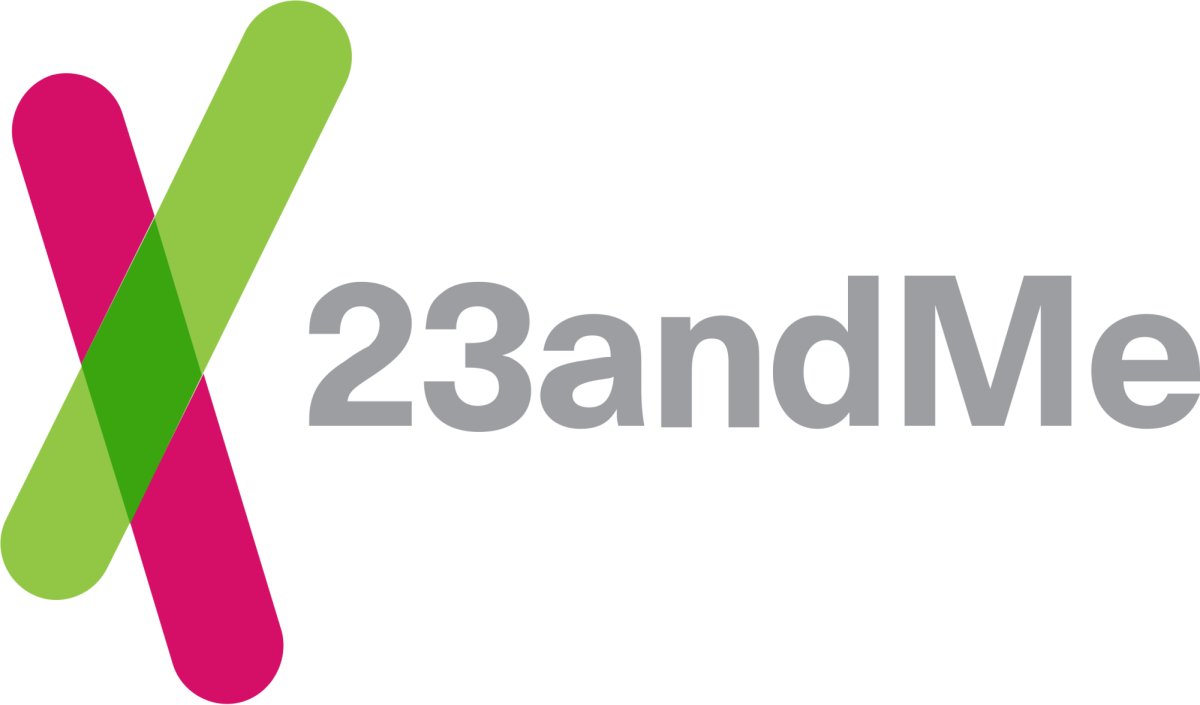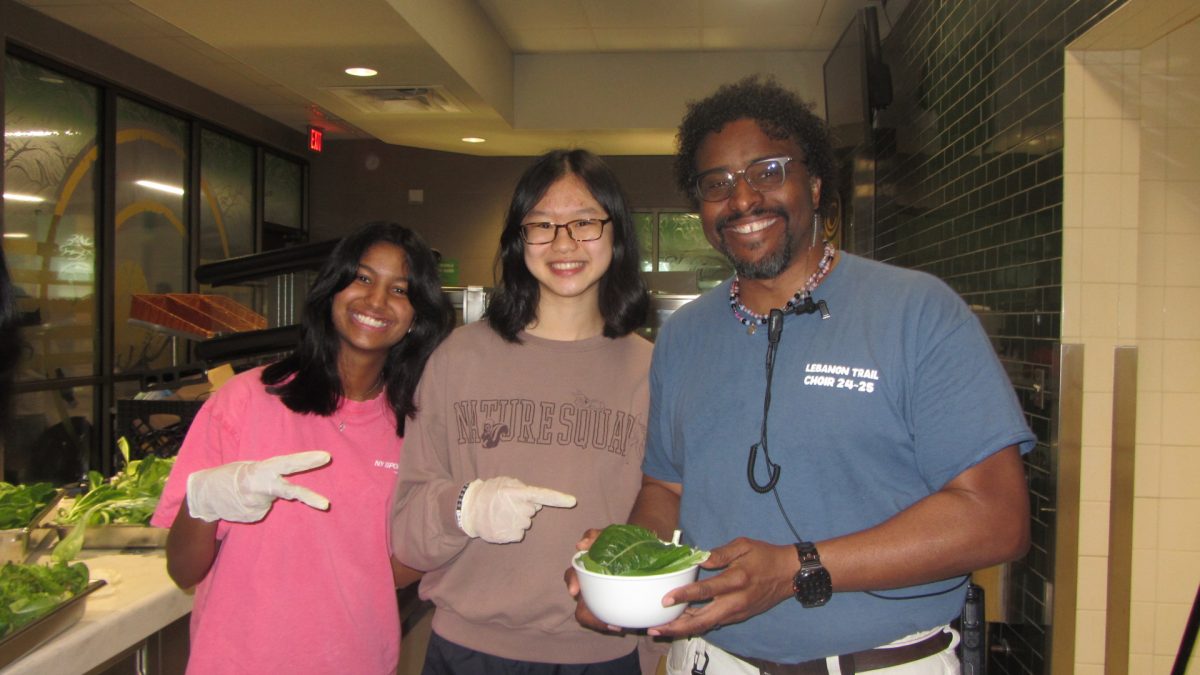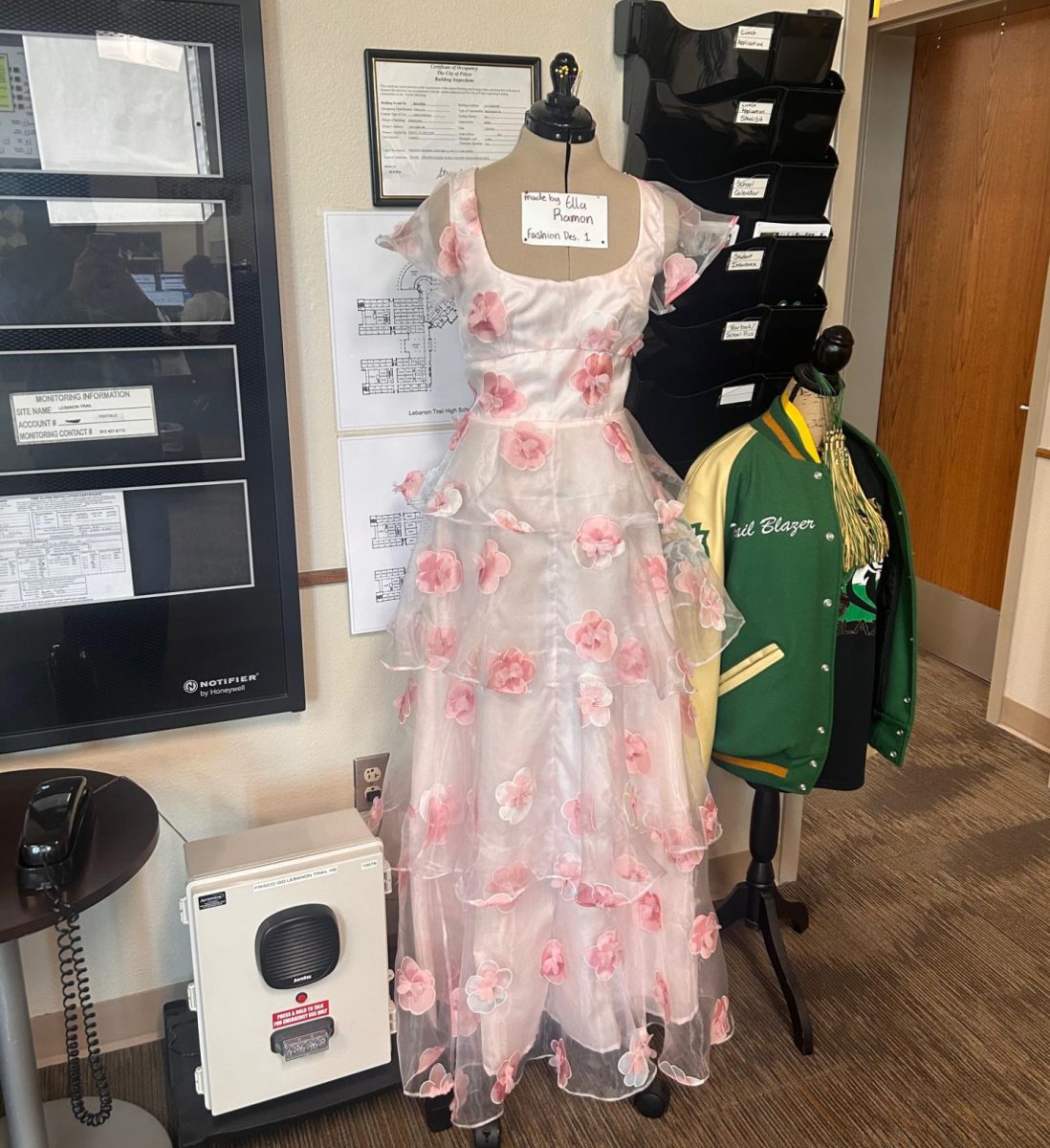With college tuition on the rise, many students seek out support to alleviate their financial burdens. However, the Free Application for Federal Student Aid (FAFSA) continues to cause problems for colleges and their students since its update in 2020.
The organization, created in 1992, is a federally funded program designed to provide scholarships and grants to college students. FAFSA has been largely successful since its foundation, but in 2020, congress passed a bill that called for streamlining of the application process. While the bill had good intentions, FAFSA began to face issues, causing the most consequential of the FAFSA drawbacks: the opening date for enrollment, historically occurring on Oct. 1, is set to open in December 2024 and 2025. Oklahoma State University student and Lebanon Trail alumni Alyssa Mello speaks on her experience with the organization.
“After I filled [the form] out [in February], every time I tried to check it to see if my financial aid was decided, it kept giving me an error code,” Mello said. “Now, in late August, my financial aid is still not packaged due to FAFSA’s delays. My first bill is due Sept. 15, and now I’m stressing.”
Beyond the delays, FAFSA’s processing system has also experienced a multitude of errors. Secretary of Education Miguel Cardona spoke on this topic in an interview with Reena Ninan, co-host of the Ask Lisa podcast, on April 21, 2024.
“The thing is, we weren’t processing them because we were having issues with the system that was supposed to process it,” Cardona said. “We got past that, so we’re sending the information out now.”
Despite Cardona’s reassurance, many have reported backups in FAFSA’s system. Betsy Morgan of Hartford, Connecticut’s College Matters organization spoke about the consequences with a local news channel only nine days after Cardona’s interview.
“Inside higher education came out with a statistic […] that hundreds of thousands of FAFSA’s have still not worked their way from the federal government to colleges themselves,” Morgan said, “so colleges can’t process and get families an indication of what their financial aid packages are going to be.”
Aside from the drawbacks, the 2020 legislation did bring some good to the organization. FAFSA achieved the goal of streamlining the application process as Ninan states in her interview that the number of questions in the application dropped from 108 to 36, a third of the original quantity. Alyssa Mello shares her opinion on the changes in the application process.
“I loved FAFSA’s changes due to me having a single mom,” Mello explained. “It made it a lot easier since you only have to put one parent. It was also faster […] having less questions which was super nice.”
Despite the backlash, Cardona has a positive outlook on FAFSA’s future performance.
“I appreciate everyone’s patience and hard work but at the end of the day, we’re expecting 600,000 more students to have access to Federal Aid,” Cardona said. “The goal is to open the doors to higher education, it’s a tough process to change something […] but it’s going to be better for our students and […] families.”
With the opening date quickly approaching, families and colleges can only hope that FAFSA will resolve its issues and provide the financial aid it has pledged since its creation. Alyssa Mello shares her hopes for FAFSA in the coming years.
“My hope for next year is that it’s smoother so everybody can know how much they are going to have to take out in loans and not stress out about it, because I am stressed.”















